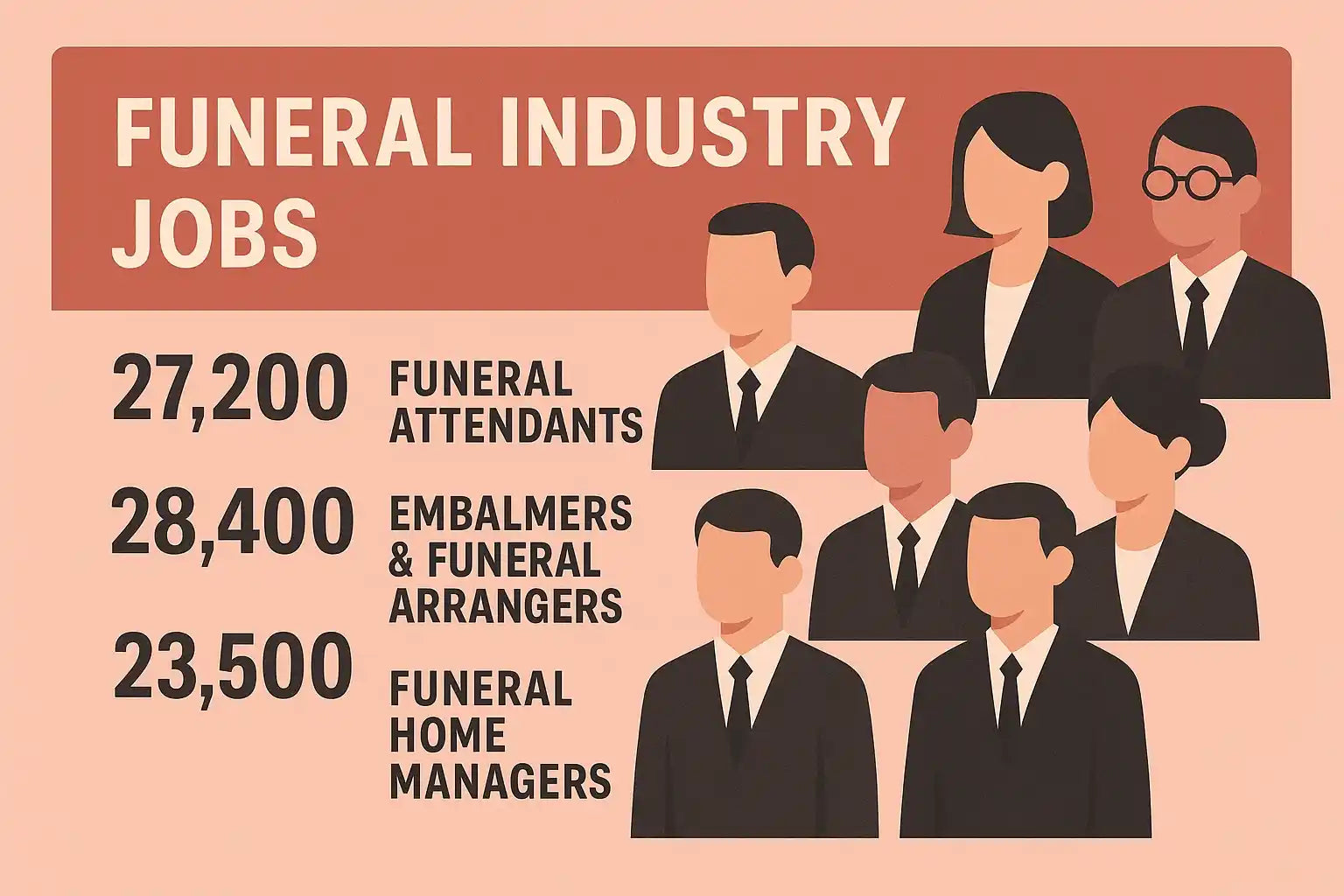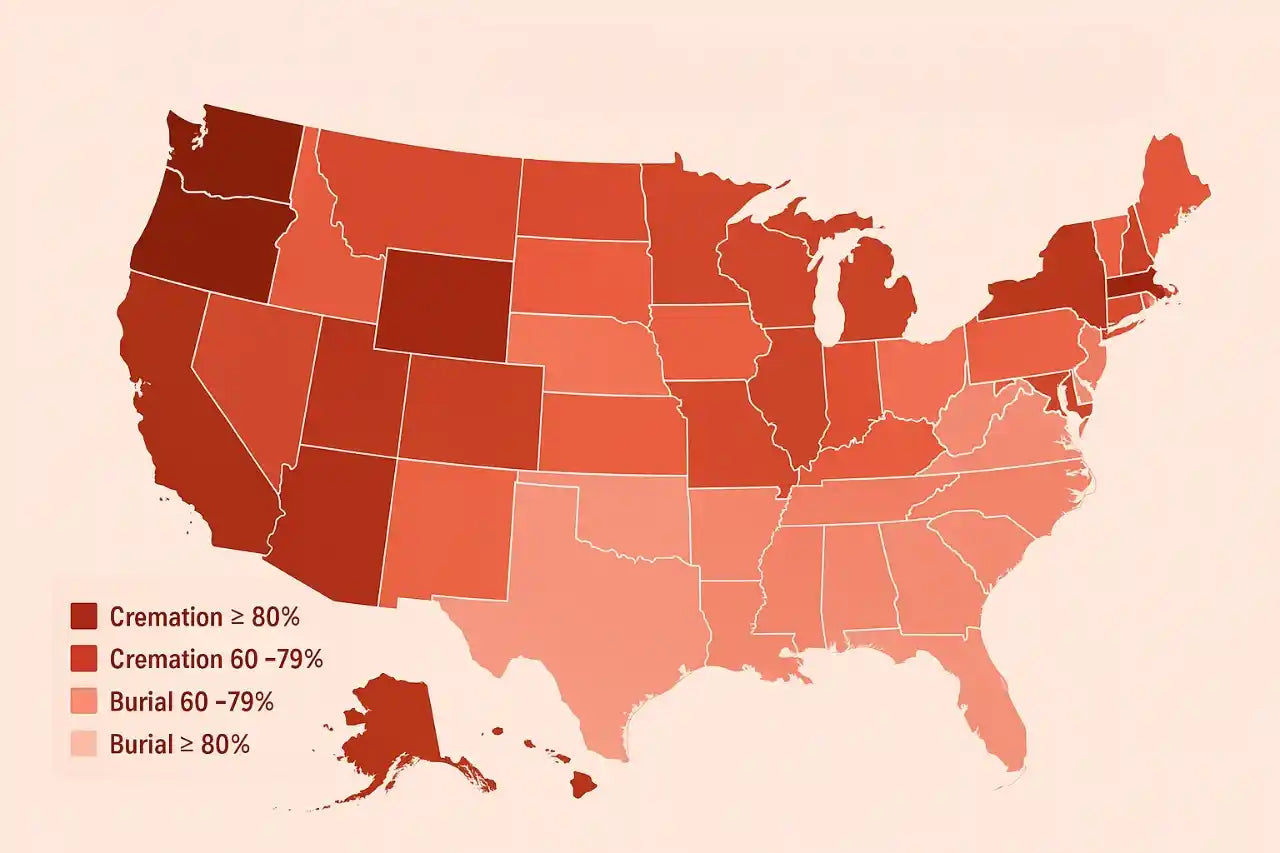Yes, children can and often should attend funerals. The idea that kids should be protected from death might feel protective, but in reality, it usually does more harm than good.
The truth is, children grieve too. They notice loss, even if they can't always articulate it. Excluding them from a funeral can send the message that grief is something to hide, that emotions should be buried along with the person who passed. It can make the whole experience of loss feel more confusing, more isolating, and frankly, more frightening.

Attending a funeral gives children structure. It gives them a place to ask questions, witness emotion, hear stories, cry, and perhaps most importantly, understand that they’re not alone. They see others grieving. They learn that mourning is natural.
Of course, not every child is the same, and not every funeral is the right setting. But to shut the door entirely, to assume they can’t handle it or won’t understand? That’s often a projection of adult discomfort, not the child’s reality.
What they need isn’t silence. It’s support. And sometimes, support looks like holding their hand in the front row while someone you both loved is being remembered.
The Impact of Death on Children
The way children perceive death depends entirely on their age, emotional maturity, and how the adults around them choose to communicate. A five-year-old doesn’t think about mortality the same way a teenager does. To a toddler, death might seem like someone has simply gone away. To an eight-year-old, it may feel more final, yet still confusing and abstract.
By adolescence, the concept becomes clearer, but that doesn’t make it any easier to process emotionally. When a child experiences the death of a loved one, their emotional response can range from sadness and confusion to withdrawal or even episodes of anger. Some may ask blunt questions, others might seem unaffected for days before it hits them all at once.
 That’s exactly what makes this topic so delicate; children don’t grieve the way adults do, and trying to force them into an “expected” emotional pattern only creates more confusion. Many parents feel pressure to protect their kids from the reality of death, but avoidance often creates anxiety. What they don’t understand, they tend to fear.
That’s exactly what makes this topic so delicate; children don’t grieve the way adults do, and trying to force them into an “expected” emotional pattern only creates more confusion. Many parents feel pressure to protect their kids from the reality of death, but avoidance often creates anxiety. What they don’t understand, they tend to fear.
This is why clear, honest, and age-appropriate communication is absolutely essential. Children need to hear the truth, not sugar-coated metaphors like “Grandpa went to sleep.” Euphemisms may seem comforting in the moment, but they often lead to deeper misunderstanding and, in some cases, fear around sleep or illness.
When we speak directly and compassionately, we give children a solid foundation to process what’s happening. We show them that it’s okay to ask questions, to cry, or to say they don’t know how they feel. Death is already hard enough. Let’s not make it more confusing with silence and unclear reassurances.
How to Prepare Your Child for the Experience
Preparing a child for a funeral is one of those parenting moments that feels impossibly heavy but carries enormous importance.
First, when it comes to explaining what a funeral is, honesty matters more than you might think. Children have an incredible ability to notice things that adults think they can hide. If you soften or avoid the truth, you’re not protecting them, you’re making the experience harder. You don’t need complicated explanations.

Keep it simple: explain that funerals are a way for people to say goodbye, to remember the person who died, and to be together during a hard time. You might say, “Some people might cry. Some might be quiet. That’s okay. Everyone shows their feelings differently, and whatever you feel is okay too.”
Setting expectations ahead of time is just as critical. Describe the environment. Tell them that they’ll likely see adults crying, that there may be religious words or rituals, and that people might share memories.
Let them know they aren’t required to say anything or behave a certain way beyond being respectful. If the funeral includes an open casket, be very clear about what that means.
Avoid unclear words like “sleeping.” Death is not sleep, and confusing the two can lead to nightmares and misunderstandings that spread for months.
Alternatives If They Don’t Attend
Sometimes, despite your best intentions, a funeral may not be the right environment for your child. Maybe they’re too young to understand, maybe the emotions in the room will be overwhelming, or maybe you just know in your gut that it's not the right choice. That doesn’t mean they should be left out of the grieving process.
The absence of a traditional funeral experience can open the door to more intimate, meaningful moments; ones that aren’t shaped by social expectations, but by your child’s emotional needs and unique way of processing loss.
One powerful way to help children say goodbye is by creating a private ritual just for them. This could be as simple as lighting a candle together and talking about memories, or setting up a small corner in your home with a photo, flowers, and something that reminds them of the person who passed. Rituals don’t need to follow rules. They need to feel honest, and children, more than anyone, respond to sincerity.

Another option is to encourage them to express their feelings through writing or art. Let them write a letter to the person who died. Don’t worry about what it says or whether it makes sense; it’s not for anyone else to read. It’s a space where they can speak freely, say the things they didn’t get to say. The act itself carries weight; it gives form to emotion and helps the healing begin.
If your family plans to visit the grave or memorial site later, involve your child in that decision. Let them choose something to bring: a small toy, a note, or a flower they picked themselves.
What matters is that they feel safe, seen, and included. You’re not failing them by skipping the funeral. You’re choosing what you believe will serve their heart better. And that, in itself, is a deeply respectful goodbye.
How Do I Know if My Child Is Ready to Attend a Funeral?
It depends more on emotional maturity than age. Ask yourself: Can your child understand what a funeral is? Have they experienced loss before? Are they asking questions or expressing interest in going? Some children handle emotional situations well, while others may feel overwhelmed.
Watch how they respond to discussions about death and grief. If they seem curious, calm, or ask thoughtful questions, they may be ready. If they’re anxious or confused, consider preparing them with age-appropriate conversations or creating a personal way for them to say goodbye instead.
What Age Is Appropriate for Children to Attend Funerals?
There’s no universal “right age,” but many experts agree that children around 6 or older can begin to understand the concept of death and may benefit from attending if they want to. Younger children, especially toddlers, might not grasp what’s happening and could become restless or distressed during the service.
More than age, consider the child's personality, ability to manage emotions, and your comfort in supporting them through it. If a younger child was especially close to the person who passed, attending, even briefly, may help with closure.
Should I Give My Child a Choice About Attending?
Yes, if they’re old enough to understand. Giving your child a choice shows respect for their emotions and allows them to process grief in their own way. Explain what the funeral will be like in simple terms, answer their questions honestly, and let them decide if they feel comfortable attending. If they choose not to go, you can help them say goodbye differently: writing a letter, drawing a picture, or visiting the grave later. The goal isn’t to force participation, but to support their emotional needs.
What Should Children Wear to a Funeral?
Children don’t need to wear formal black attire, but they should dress respectfully and comfortably. Darker or neutral colors are usually appropriate: navy, gray, or soft patterns. The outfit should match the tone of the service and what others are wearing. For younger children, comfort is especially important, so avoid anything too stiff or itchy. If the funeral is more casual or celebrates life, brighter clothing may even be encouraged.


